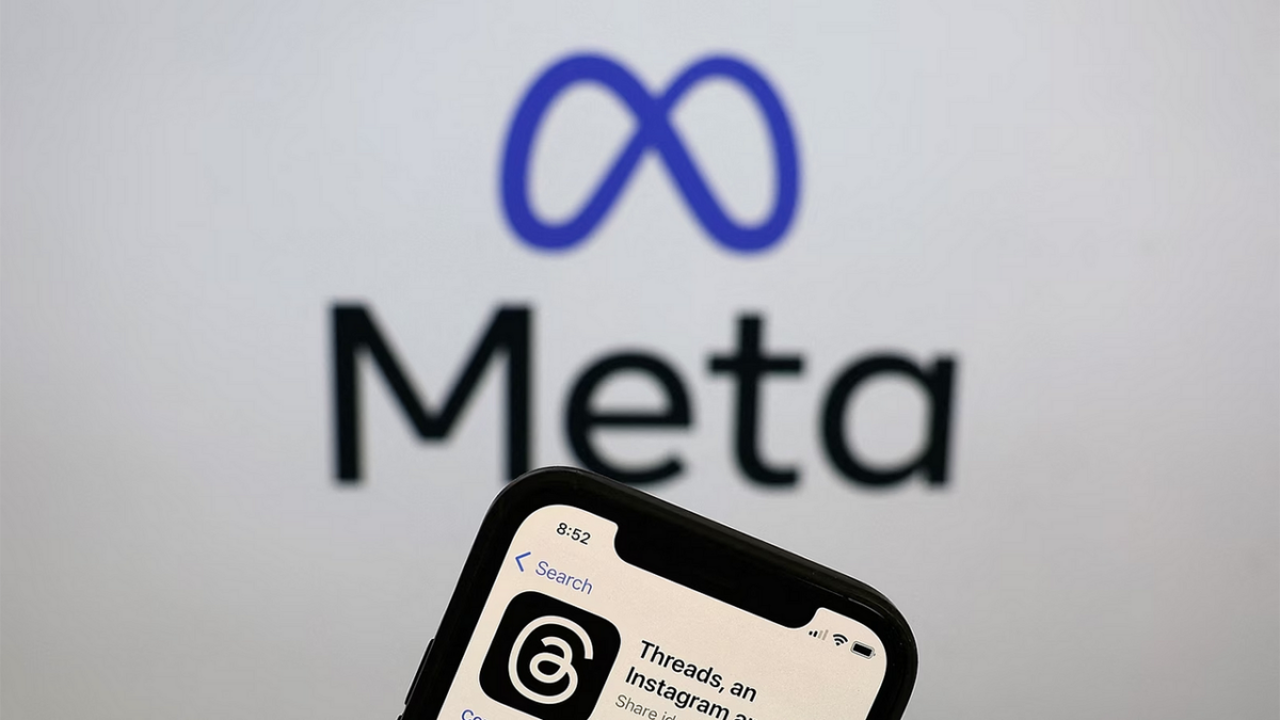British regulators have their sights set on Meta for the handling of user data to train their artificial intelligence
The Open Rights Group accuses Meta of not specifying the purpose of data processing

- July 16, 2024
- Updated: July 1, 2025 at 11:11 PM

Meta is facing a new problem for its plan to use user data to train its artificial intelligence, this time under the General Data Protection Regulation (GDPR) of the United Kingdom. The Open Rights Group (ORG) has filed a complaint with the Information Commissioner’s Office (ICO) of the United Kingdom, similar to the one filed by Nyob, the European Center for Digital Rights, with the data protection authorities of 11 EU member states.
In late May, Meta sent an email to users of Facebook and Instagram in the United Kingdom, warning them of a series of privacy changes that would take effect on June 26. These changes would allow the company to train its AI with data collected since 2007. Meta claimed that this was permitted by UK and EU privacy laws, as it fell under “legitimate interests”. However, users could object to this through a form available in the company’s Privacy Center.
Despite the “pause” in the change following Nyob’s objections, ORG is concerned about the lack of an official change in Meta’s privacy policy. The organization has requested the ICO to issue a legally binding decision under Article 58(2) of the UK GDPR, to prevent the processing of personal data of over 50 million UK users without their consent. According to ORG, Meta plans to use both public and non-public user data, although the company denies it.

“Meta’s plans to ingest data, posts, and photos from its users will affect over 50 million Instagram and Facebook users in the United Kingdom,” said Mariano delli Santi, legal and policy lead at ORG. “It is not acceptable for the company to make a half-hearted attempt to allow people to opt out instead of obtaining their consent for such intrusive data processing.”
The ORG states that Meta does not have a legitimate interest under Article 6 (1) (f) of the UK GDPR that outweighs the interests of data subjects and no other legal basis for processing large amounts of personal data for indefinite purposes. Additionally, they accuse Meta of not specifying the purpose of data processing and of using “dark patterns” to discourage users from exercising their right to object, under Article 21. Meta has defended its actions, claiming that they benefit users and that their competitors use similar techniques.
Source: Forbes
Publicist and audiovisual producer in love with social networks. I spend more time thinking about which videogames I will play than playing them.
Latest from Pedro Domínguez
- Fraudulent Websites Are on the Rise: Here’s How Avast Free Antivirus Keeps You Safe
- Unplug This Summer Without Compromising Your Digital Security — Get Protected with Avast Free Antivirus
- Have You Ever Stopped to Think About How Much Personal Information You Share Online Every Day?
- National Streaming Day: How On-Demand Entertainment Has Redefined Our Viewing Habits
You may also like
 News
NewsThe horror series that promises to give you a scary Halloween arrives on HBO Max
Read more
 News
NewsPikmin 4 will receive a free update for Switch 2 that makes it even more essential
Read more
 News
NewsHorizon Forbidden West cost more than 200 million dollars, but its art director has an explanation for why
Read more
 News
NewsThe co-creator of Halo blasts Battlefield 6 for the treatment they have given to their developers
Read more
 News
NewsA security vulnerability in Microsoft opens the door to threats from China
Read more
 News
NewsThe best Marvel video game in years receives a release date and confirms two new characters
Read more